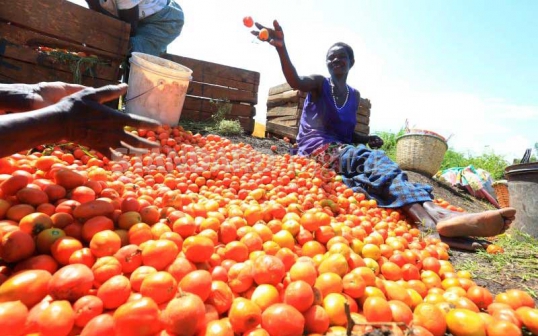×
The Standard e-Paper
Fearless, Trusted News

Do not expect reduced food prices soon even as many parts of the country continue to receive adequate rains as per the weatherman’s predictions.
A survey by Financial Standard revealed that prices of the majority of foodstuffs have been increasing with the intensity of the rains while some are likely to increase in the next few weeks.